The Minister of Petroleum and Natural Gas & Steel Dhamendra Pradhan has said that India will continue to lead the global sustainable energy agenda. Delivering the key note address at the TERI’s World Sustainable Development Summit 2020 on ‘Energy Future Road Map’ here today, the Minister said “We, in India, are in the midst of a major transformative shift in our energy sector, both in scale and complexity and also the interdependence across different systems. The trajectory to end energy poverty in India, as compared to the rest of the world, is based on our special national circumstances. The right mix of enablers are being put in place to ensure that the energy transition is secure, affordable, reliable and sustainable.” He added, “to end energy poverty in the country, we will remain cognizant of the need to root economic development firmly to achieve the 2030 UN Sustainable Development Goals and commitments made at COP 21.”
 Briefing about energy requirements, the Minister said “India is now the third largest energy consumer after the US and China. While our energy demand increased to 882 million tonnes of oil equivalent (Mtoe) in 2017, the per capita consumption of energy is still 30% of the global average. Our energy consumption is projected to grow at 4.2 percent per annum up to 2035. India’s share of the total global primary energy demand is set to roughly double to about 11 percent by 2040, driven by strong economic development. In India, we are finding ways to achieve the twin objectives of more energy availability and less carbon through a healthy mix of all commercially-viable energy sources.”
Briefing about energy requirements, the Minister said “India is now the third largest energy consumer after the US and China. While our energy demand increased to 882 million tonnes of oil equivalent (Mtoe) in 2017, the per capita consumption of energy is still 30% of the global average. Our energy consumption is projected to grow at 4.2 percent per annum up to 2035. India’s share of the total global primary energy demand is set to roughly double to about 11 percent by 2040, driven by strong economic development. In India, we are finding ways to achieve the twin objectives of more energy availability and less carbon through a healthy mix of all commercially-viable energy sources.”
Pradhan added that despite our system-wide energy transition measures, crude oil would continue to play a critical role at this stage of development in meeting country’s energy requirements. He said the Government has set out a road map for reducing India’s crude oil imports by 10% by 2022. “We are in the process of developing new strategies and initiatives to achieve this target. We are working towards transformation to a gas-based economy, tapping into indigenously produced biofuels, apart from adopting renewable energy and energy efficiency measures, to achieve the much-needed carbon reductions. As part of the energy transition, decarbonization of the energy sector is picking up momentum in India” Pradhan said. The Minister also stated that government is working to improve energy efficiency and productivity, demand substitution, improving refinery processes and promotion of bio and alternate fuels.
 Dharmendra Pradhan also said “the biggest game-changer in our drive to bring about greater environmental sustainability and flexibility in the energy system is through the rapid deployment of natural gas in our energy mix”. He also added “we are advancing our collaboration with countries, such as Brazil and the US, to improve blending technologies in transport sector. To reduce vehicular pollution, BS VI quality fuel, equivalent to Euro 6 standard, will be supplied in the entire country from 1 April this year. Given the abundance of biomass in the country, the use of Compressed Bio-Gas (CBG) will be promoted in a big way in automotive, industrial and commercial uses in the coming years.”
Dharmendra Pradhan also said “the biggest game-changer in our drive to bring about greater environmental sustainability and flexibility in the energy system is through the rapid deployment of natural gas in our energy mix”. He also added “we are advancing our collaboration with countries, such as Brazil and the US, to improve blending technologies in transport sector. To reduce vehicular pollution, BS VI quality fuel, equivalent to Euro 6 standard, will be supplied in the entire country from 1 April this year. Given the abundance of biomass in the country, the use of Compressed Bio-Gas (CBG) will be promoted in a big way in automotive, industrial and commercial uses in the coming years.”
The Minister further said that in the global drive to secure sustainable energy, India is defining new pathways keeping in view its unique energy needs. “India will continue to play an active role in leading the global sustainable energy agenda. Our commitment to keep carbon footprint to low levels remains unwavered as we pursue to enhance energy footprint in the country” He added.
On the occasion, Dharmendra Pradhan also released a report ‘Towards a low carbon steel sector’ – Overview of the changing market, technology and policy context for Indian steel.


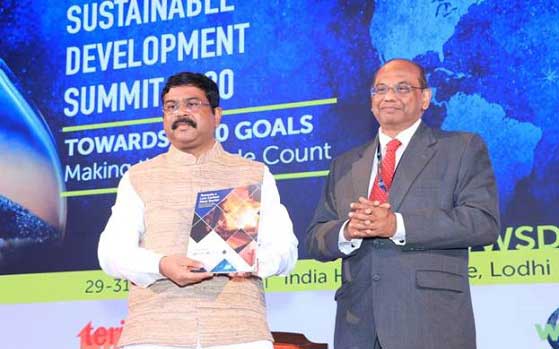
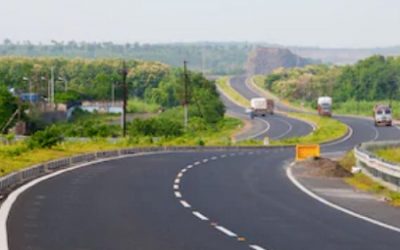

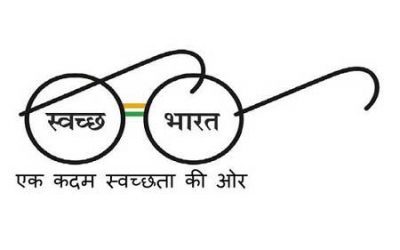

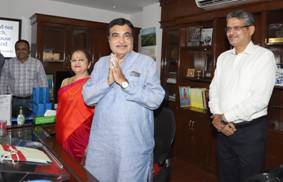


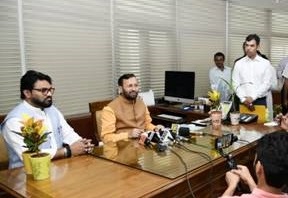



0 Comments